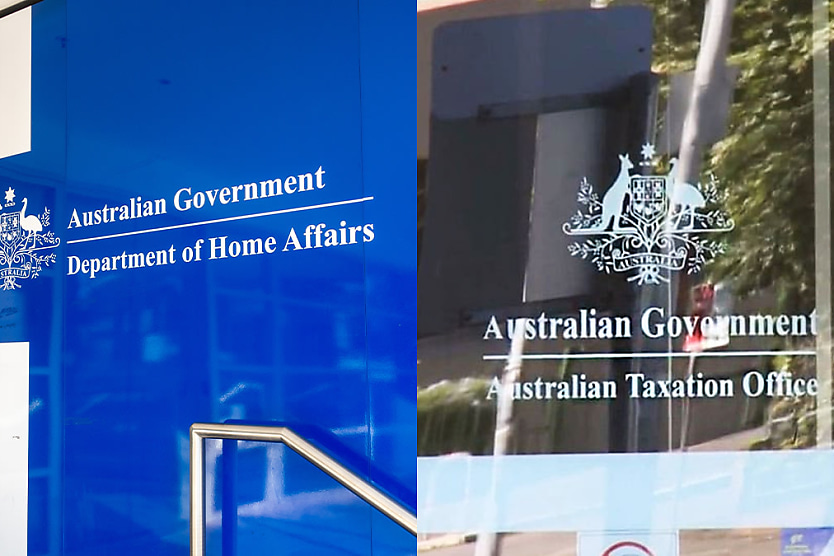ATO, Home Affairs ‘intensify’ monitoring of employers’ skilled visa compliance
SHARE THIS ARTICLE

The federal government, through the Department of Home Affairs and the Australian Taxation Office, has moved to increase the monitoring of employers’ compliance with their skilled visa holders.
The principal lawyer at BDO Migration Services, Rebecca Thomson, has flagged a “significant escalation” that the Australian government has undertaken to ensure that employers comply with the regulations that apply to skilled workers visas.
According to Thomson, a new one-off data-matching initiative between the Department of Home Affairs and the Australian Taxation Office (ATO) will see the records of sponsoring employers and subclass 482 Temporary Skill Shortage visa holders cross-checked against viable payroll data.
This will see approximately 58,000 visa holders and their employers reviewed for these.
“[This move] signals a shift in how compliance is monitored – from passive audits to proactive, data-driven surveillance,” said Thomson.
“Specifically, the data-matching will assess whether employers are meeting their sponsorship obligations (paying the correct salary, sticking to the nominated role and lawful conditions) and whether visa holders are working only for their approved sponsor as required,” said Thomson.
“Any discrepancies between what was approved in a visa nomination and what’s recorded in payroll could trigger an investigation. This systematic scrutiny represents a new level of real-time verification in the skilled visa program’s integrity measures.
“This program makes it very clear that compliance is no longer just expected – it’s being verified in real time. Employers can’t afford to assume they’re meeting obligations simply because no one’s asked questions yet.”
Thomson claims that the program sends a strong message right across the skilled migration landscape and could be set to become a regular occurrence if the differing regulators find it to be successful.
“This sends a strong message across the skilled migration landscape,” said Thomson.
“It highlights the need for employers to have robust internal processes, accurate payroll systems and clear records to demonstrate compliance – not just at the point of application, but throughout the life of the sponsorship.”
Industries such as health, construction, IT, and hospitality should look upon the program as a serious wake-up call, according to Thomson.
“We are advising clients to review their employment contracts, contractor arrangements, and internal controls now. With Home Affairs and the ATO working together, enforcement will become more precise and harder to challenge after the fact. Being proactive is no longer optional – it’s essential.”
RELATED TERMS
Compliance often refers to a company's and its workers' adherence to corporate rules, laws, and codes of conduct.
Kace O'Neill
Kace O'Neill is a Graduate Journalist for HR Leader. Kace studied Media Communications and Maori studies at the University of Otago, he has a passion for sports and storytelling.

